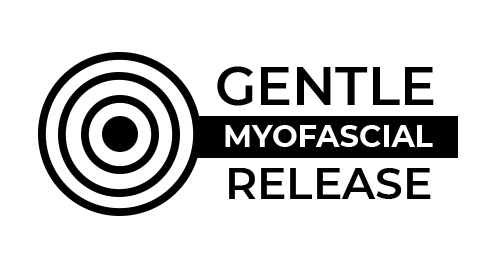Before we delve into the fascinating connection between mental health and fascia, let’s first understand what fascia is. The fascia is a web-like network of connective tissue that wraps around every muscle, bone, nerve, artery, and organ in our bodies. It provides support and protection to these structures while also enabling us to move freely.
However, recent studies have suggested that the role of fascia extends beyond physical support and movement. It may also be a repository for our emotions – a concept that links physical health with mental health.
The Connection Between Mental Health and Fascia
The idea that emotions can be stored in the body is not new. Ancient healing practices like acupuncture and yoga have long recognized the link between emotional well-being and physical health. However, modern science is just beginning to explore this connection.
Research has shown that stress and trauma can create tension and inflammation in the fascia, leading to physical discomfort or pain. This suggests that our bodies may hold onto emotional experiences within their tissues – particularly in the fascia.
For instance, if you’ve ever felt your shoulders tighten during moments of stress or noticed how your body slumps when you’re feeling down, you’ve experienced this mind-body connection firsthand. These emotional states manifest physically as tension in your muscles – or more specifically – your fascial system.
Emotional Release Through Fascial Work
Bodywork therapies such as myofascial release aim to relieve tension in the fascia by applying gentle sustained pressure to these areas of tightness or restriction. This process can sometimes trigger an emotional release – patients may experience strong emotions or recall past traumas during treatment.
This phenomenon supports the idea that emotions are indeed stored within our fascial tissues. When these tensions are released through bodywork therapies, it’s as if the stored emotions are being released as well. This emotional release can be a powerful part of the healing process, helping to alleviate not only physical discomfort but also emotional distress.
The Role of Fascia in Mental Health
The connection between mental health and fascia is becoming increasingly recognized in the field of psychotherapy. Some therapists now incorporate bodywork into their practice, recognizing that addressing physical tension can help to relieve emotional tension as well.
This approach is based on the understanding that our bodies and minds are deeply interconnected. Our mental state can influence our physical state, and vice versa. By addressing both aspects of our well-being, we can achieve a more holistic form of healing.
For instance, someone struggling with anxiety may hold a lot of tension in their body – particularly in areas like the shoulders or stomach. By using techniques to release this physical tension, they may also find relief from their anxiety symptoms.
Embracing a Holistic Approach to Health
The concept that emotions are stored in the fascia underscores the importance of a holistic approach to health – one that recognizes the deep interconnection between our physical bodies and our emotional experiences.
While more research is needed to fully understand this connection, it’s clear that our fascia plays a significant role not only in our physical health but also in our mental health. By acknowledging this link, we can better understand how stress and trauma impact our bodies and find more effective ways to heal.
Whether it’s through bodywork therapies like myofascial release or through psychotherapies that incorporate body awareness, addressing the health of our fascia can be an important part of maintaining both physical and mental well-being.
Next time you feel your shoulders tighten with stress or notice other signs of tension in your body, remember – your fascia may be telling you something about your emotional state. Listen to it, care for it, and consider seeking out therapies that address both your mental health and fascia.



